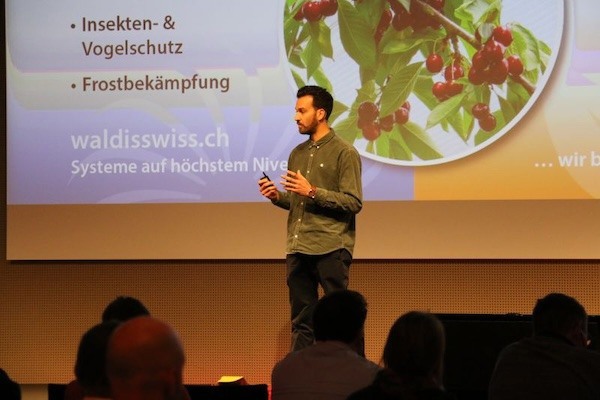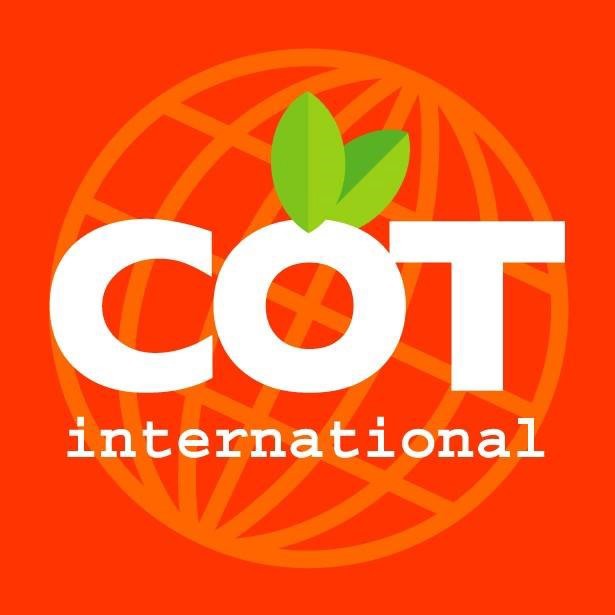Once every 4 years, Fruit-Union Switzerland organizes a seminar to share perspectives on the cultivation of stone fruit (cherries and plums) in Switzerland. For the first time, this year's event also focused on apricot growing - which plays an important role in Switzerland - and Pascal Bassols Pot was one of the speakers. Here is a look back at the two-day event.
"It was a very interesting seminar, with high-quality discussions and presentations by researchers and professionals from North America and other parts of the world. In particular, it was an opportunity to address key issues such as the challenges and opportunities of local production, climate change and its impact on cultivation practices, and advances in varieties and techniques to optimize quality and sustainability. Sustainability was also the key word at this seminar, as Switzerland is facing the same issues as France: consumer mistrust, and the impact of the reduction in the number of active molecules used in plant protection products... Bringing greater sustainability to orchards requires a great deal of investment, a subject that we need to tackle together for the future of the sector."

Pascal Bassols Pot
The first day consisted of technical presentations, while the second was more business-oriented. "Fruit-Union asked us to speak because COT International is well established in Switzerland for apricots. While it is interesting for Switzerland to integrate more early cherry varieties, developing late-flowering apricot varieties is just as interesting. We are known for our orchards in Murcia, where we are developing a range of early-blooming apricots, but we are also working in Nîmes on a range called WINTER COT®, which includes very late-blooming apricot varieties. One of these is WIN 21 cov, which flowers a week after BERGERON. This is particularly interesting for growers because no other variety on the market flowers so late. It is a considerable advantage for Swiss production in particular, which is very sensitive to spring frosts."
The range of late-blooming varieties could also be of interest to countries that have grown little or no apricot until now. "These varieties offer real opportunities north of the Rhône Valley, in Switzerland, Germany, Austria, Hungary, and even Norway, countries that were unable to start growing apricots because of the climate."
COT International will also be present at Fruit Logistica in Berlin, an opportunity for the Gard-based company to talk about its exciting plans for 2025. They will be located in the French Pavilion (Hall 6.2, stand C-54).
For more information: Pascal Bassols Pot - technical & sales manager
Pascal Bassols Pot - technical & sales manager
COT International
Phone: +33 6 08 27 38 82
pascal@cot-international.eu
www.cot-international.eu
